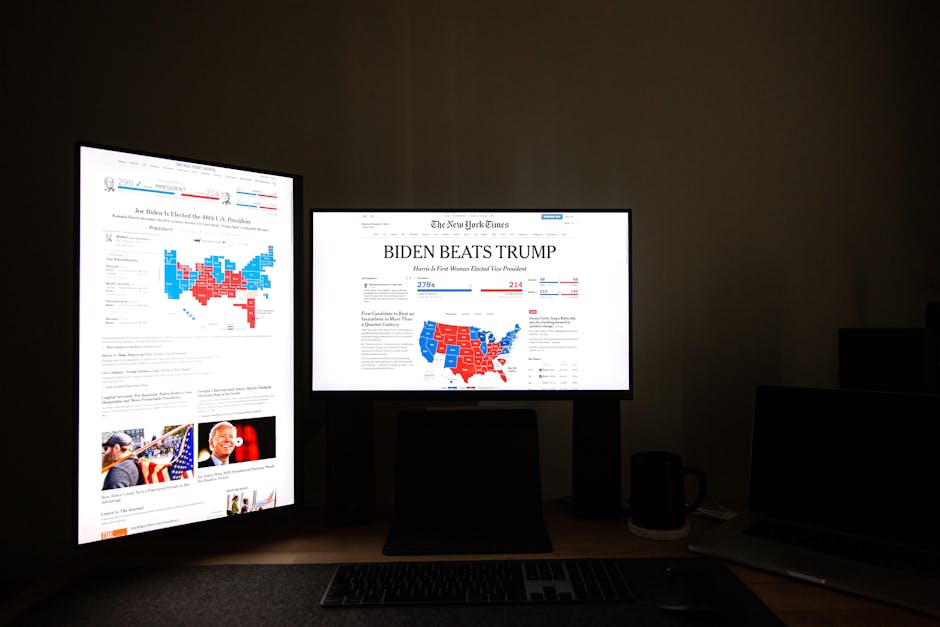Trump Administration Revokes Wole Soyinka’s US Visa
In a controversial move, the Trump administration has revoked the US visa of Nigerian literary legend and Nobel laureate Wole Soyinka. The 89-year-old playwright and activist, awarded the Nobel Prize in Literature in 1986, is known for his outspoken criticism of authoritarianism and human rights advocacy. The decision has intensified debates over freedom of expression and political retaliation under Trump’s presidency.
Why Was Wole Soyinka’s Visa Revoked?
The US State Department has not publicly explained the revocation, but analysts speculate it stems from Soyinka’s sharp critiques of Trump’s policies, particularly on immigration and racial justice. Soyinka once called Trump “a disgrace to humanity” after reports of the ex-president’s derogatory remarks about African nations. His vocal support for the Black Lives Matter movement may have also contributed to the decision.
Global Condemnation and Support for Soyinka
The revocation has drawn widespread backlash. PEN America labeled it an “assault on free expression,” while Amnesty International warned of a “dangerous precedent.” Nigerian President Bola Tinubu condemned the move, calling Soyinka “a global treasure.” Prominent writers like Chimamanda Ngozi Adichie and Ngũgĩ wa Thiong’o have rallied behind him, denouncing the decision as vindictive.
A History of Targeting Critics?
The Trump administration has previously used visa restrictions against critics, including ICC prosecutor Fatou Bensouda. Soyinka’s case, however, is uniquely significant due to his stature as a leading African intellectual. His works, such as Death and the King’s Horseman, challenge oppression, and many see the visa denial as an attempt to intimidate dissent.
What’s Next for Soyinka?
Soyinka, who has taught at Harvard and Yale, remains defiant, stating, “No visa denial will silence me.” Legal challenges are possible, but visa policies under Trump offer little transparency. Political pressure may be the only path to reversal.
Impact on US Global Reputation
The decision risks damaging America’s soft power, signaling intolerance for dissent. As the 2024 elections near, this case underscores critical issues around free speech, immigration, and US-Africa relations. Soyinka’s resolve proves that intellectual resistance endures beyond political retribution.
Follow NextMinuteNews for updates on this developing story.




